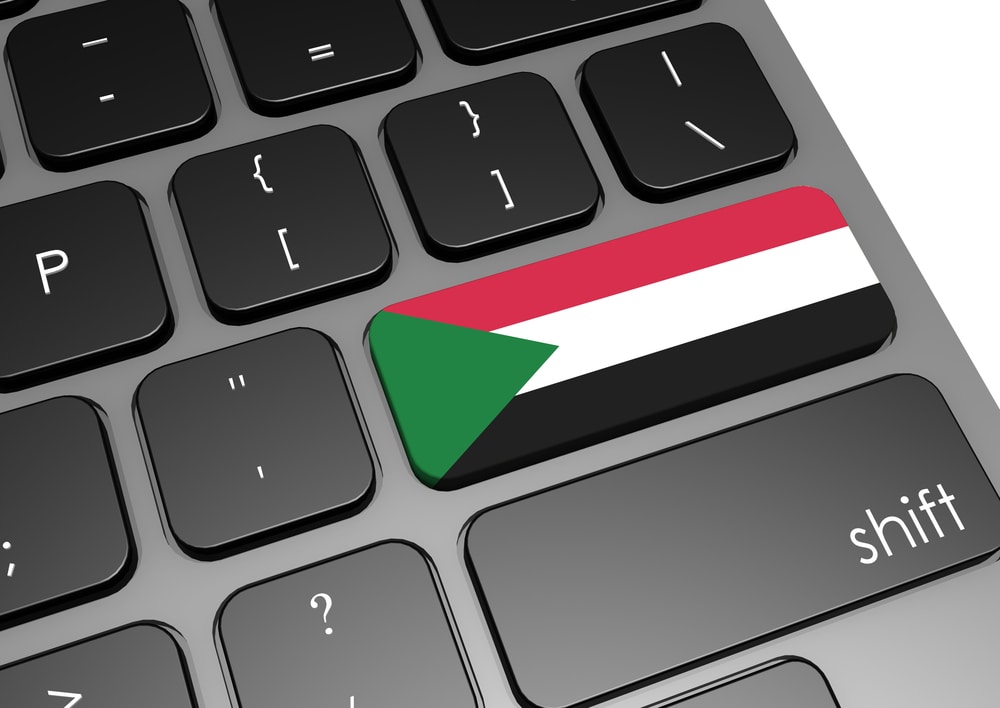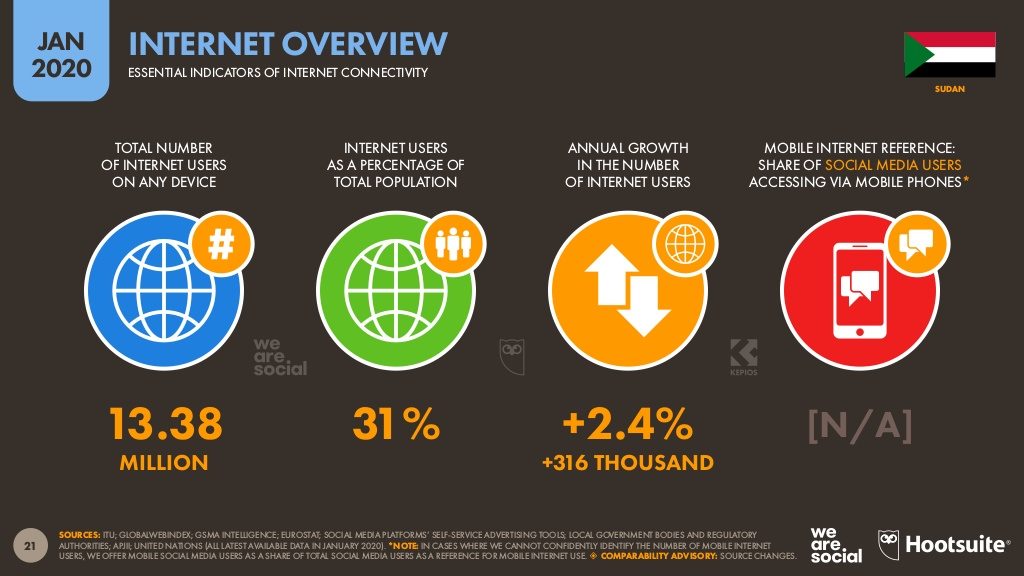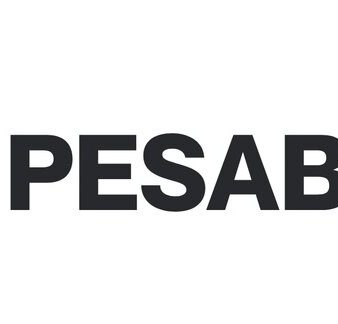Sudan’s ICT Illiteracy Amid COVID-19 Lockdown

We live in a time where being online is crucial. The COVID-19 pandemic is a great example of how crucial the internet and digital technologies are in our daily lives. Companies, organisations, governments and most importantly, educational institutions have been interrupted – if they are not utilising digital technologies and the internet for their contingency plans. Recently, ICT has become embedded in education to create social and economic development by assisting the educational systems to raise the quality of education. ICT plays a vital role in education as a whole, supporting the teaching and learning process.
In infoDev’s country report on Sudan, ICT in Education in Sudan, researcher Amr Hamdy said, ‘The ICT policy for education in Sudan was launched in 2002, yet it is not available online’. However, according to the report, the national policy encourages the use of ICT in developing local policies to ensure the complete integration of ICT in education and training on all levels, including the development of school curricula, teacher training, managing and organising educational institutions. In 2004, ICT was introduced in secondary education curricula. Several computers were installed in schools (around 50% of secondary schools) at an average of 10 computers per school. The country planned to have computers available in all educational levels by 2015.
Yet, currently both government and private schools are not connected to the internet, students start learning how to use a computer in grade 4 theoretically, without enjoying the practical experience of computer labs.
The ICT in Education policy must be reviewed and reformed, as well as, the establishment of mechanisms for implementations. This needs to take place through providing infrastructure, to insure sustainable development for the ICT sector. On the other hand, the ICT stakeholders must collaborate by connecting rural areas to the internet. According to datareportal, Sudan has only 31% of the total population connected to the internet. Therefore, it does not mean that the population is always connected, because of the poor internet connectivity.

Moreover, the implementation of ICT infrastructure requires a high level of commitment from the government in terms of budgeting, implementation, monitoring, and maintenance, as well as from citizens. The adoption of e-governance in Sudan depends on the first place on the government’s enthusiasm to adopt ICT into the education system as well as on the government workers’ capacity. As a result, the Ministry of Education will be challenged to focus on ICT in education. Embracing web-based technologies to deliver government services has become a universal trend in public administration that also will attract other respective governments. Thus, the eagerness of the citizens to approve e-government is the most important issue for successful e-government implementation of a developed model combining existing models with ICT infrastructure, education and cultural awareness.
Currently, e-government websites are being evaluated by parameters such as quality of information, accessibility, usability, transparency, and public participation, which will encourage governmental to be more transparent and fuel citizens with accurate pieces of information. Although it’s challenging for the transitional government to currently finance such big project at this time, yet it would be a great opportunity to consider reforming high schools curricula next year as planned with more focus on ICT.
Currently, the transitional Sovereign Council faces a big challenge to access data, in order to reach out to vulnerable communities and cover their needs during the lockdown. For example, to date, the banking system is facing a hard time to provide their services, although it is among the first ICT systems that were established in Sudan years ago. E-banking doesn’t fit in the country’s local context due to lack of ICT literacy skills among citizens.
The road to the development of Sudan is full of obstacles in all levels. However, education is the first step towards all achievements of economic development. Nevertheless, Sudan’s educational system is not digitally equipped. The Sudanese Electronic School, known as E-school Sudan, which was created by the Ministry of Education, is not user-friendly. However, it has features that support online education if the ministry worked on redesigning and activation of the system, in addition to ensuring schools and their students have access to the internet. Additionally, the ministry must initiate collaboration with the UNESCO to measure the implementation of ICT in the country’s education system and reform ICT in the education policy. In addition, the ministry must give special attention to developing indicators for monitoring the targets of the education, besides considering Goal 4 and 5 and 2030 agendas to ensure quality education for both genders.

Wala Elfadul is a talent analytics and project assistant at the Bank of Khartoum, as well as a digital activist who is interested in the topics of internet governance, and ICT use in different sectors. She holds a bachelor’s degree in management information system (MIS) from Ahfad University for Women (AUW). She is a highly active volunteer in women right’s cases in Sudan. During her university, she worked closely with Ahfad Trauma Center to tackle women’s rights issues in Sudan. Recently, she joined the reproductive health and sexual rights network in Sudan. Wala, along with group of other women rights activists, have conducted awareness campaigns during the sit-in at Al Qeyada during the revolution, to tackle the phenomena of sexual harassment. Wala has been selected to be one of young female leaders in Young African Leaders Initiative (YALI) RLC East Africa in Kenya. Wala also has become part of IFA network in Germany, where she has worked on Digital Foundation that focuses on building educational platforms for young children in different age range.




